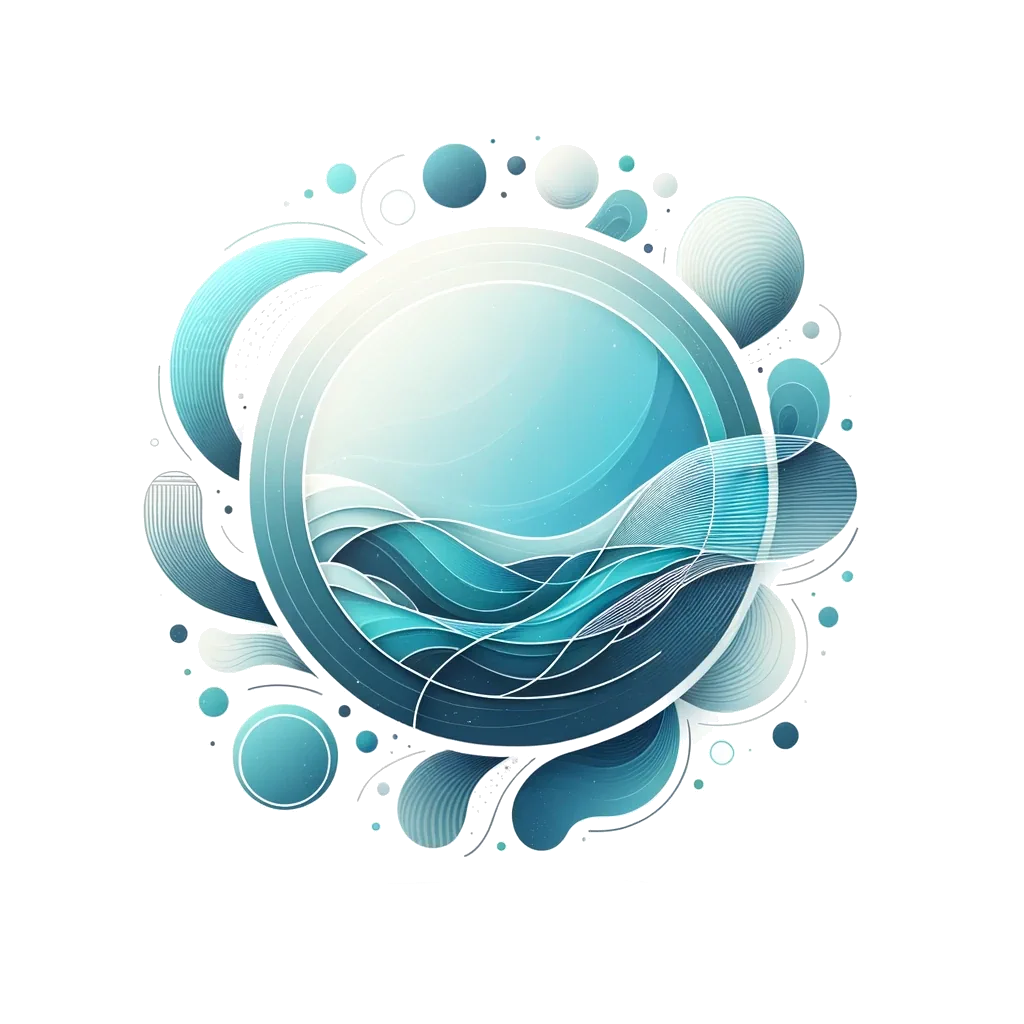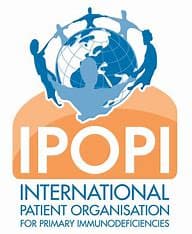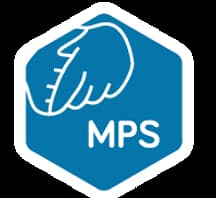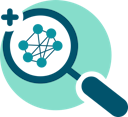Find Your Patient Support Community
Discover support groups and communities where people share experiences, answer questions, and help each other navigate life with your condition.

Why Use Phormulate?
Verified Communities
We vet every organization to ensure you find safe, legitimate support networks and advocacy groups.
Global Reach
Access support groups from around the world, or find local communities near you that speak your language.
Patient-Centric
Built with patients in mind, prioritizing your privacy, ease of use, and meaningful connections.
How It Works
Finding the right support group is simple. We've made it easy for you.
Search Your Condition
Enter your health condition or diagnosis. Our smart search instantly finds relevant support organizations.
Explore Communities
Review detailed profiles of advocacy groups, including their mission, resources, and contact info.
Connect & Get Support
Reach out directly to join communities, access resources, or get involved with groups that feel right for you.
Featured Communities
Browse our curated list of patient advocacy groups and support networks making a difference today.

Baggy Trousers UK
<p>Baggy Trousers UK is a non-profit organisation saving lives by raising awareness of the signs and symptoms and providing vital support to those impacted by testicular cancer</p> Contact page for Baggy Trousers UK, a registered charity in England and Wales focused on Testicular Cancer Awareness. The site features a contact form, donation prompt, and social media channels. Charity No. 1160724. Baggy Trousers UK is a cancer charity based in the North West of England founded by Jack Broadley in 2014. Its aims are to (1) promote and protect the physical and mental health of sufferers of testicular cancer, (2) provide financial assistance, support, education and practical advice to those affected by testicular cancer, and (3) advance the education of the general public in all areas relating to testicular cancer. The organization delivers awareness talks and showcases awareness exhibitions/stands in public and corporate settings, distributing self-help materials (leaflets, posters and step-by-step checking cards). It provides financial and peer support to men directly affected by testicular cancer via telephone, email, social media and a monthly peer support group. Primary contact support includes a phone line and email for peer support, and the charity runs a monthly peer support group.
VHL UK/Ireland
VHL UK / Ireland aims to raise funds via fundraising and donations for research, provide information and support for those affected and raise awareness. Registered charity in England and Wales 1160381, and Ireland 20101039. Charity Trust No: CT54346.

Myrovlytis Trust
The Myrovlytis Trust is a charity founded in 2007 to transform the outlook for rare conditions. With an initial focus on Birt-Hogg-Dubé Syndrome and osteosarcoma, the trust strategically funds research directed towards new treatments. We want to ensure that patients gain access to the same state-of-the-art technologies, breakthroughs and therapies as those with more common disease. Driving research, providing support and improving outcomes for patients and their families affected by rare conditions

IPOPI
IPOPI is an international non-profit association registered in Belgium; it aims to improve the lives of people with primary immunodeficiencies (PIDs) worldwide. The organization operates through a strategic plan and network of member organizations to advocate for early diagnosis and optimal care, PID awareness, and stakeholder collaboration. IPOPI conducts work on PID-related awareness, early diagnosis and care, NMO support within NMOs, and provides patient-focused resources and tools (Leaflets, publications, and the PID Life Index). It maintains corporate sponsor relationships and programmatic initiatives such as early diagnosis and care, PID awareness, and NMO-related support. IPOPI (International Patient Organisation for Primary Immunodeficiency) is an organization dedicated to improving the lives of patients with primary immunodeficiencies worldwide. It engages in advocacy, education, and support activities, collaborates with stakeholders, and promotes awareness and early diagnosis of PIDs. IPOPI maintains a network of experts, produces educational materials such as leaflets, and is involved in policy and research initiatives. The organization is based in Belgium, with a focus on global impact, and has partnerships with corporate sponsors. It provides resources for patients and healthcare professionals, and actively participates in policy and clinical development activities.

MPS Society
The MPS Society is a UK-based charity dedicated to transforming lives through support, research, and awareness for individuals affected by MPS, Fabry, and related lysosomal diseases. It provides professional support, patient resources, advocacy, and funding for research into treatments and cures. The organization offers a range of support services including mental health, bereavement, and community support, and actively engages in research, clinical trials, and policy advocacy. It maintains a website with extensive resources, publishes reports and educational materials, and collaborates with healthcare professionals and research institutions. The Society aims to improve diagnosis, treatment, and quality of life for patients and families affected by these rare conditions.

Skin Cancer Foundation
The Skin Cancer Foundation is dedicated to education, prevention, early detection, and prompt, effective treatment of skin cancer. It is a nonprofit organization that relies on donor funds. The Foundation promotes sun safety and skin cancer awareness through public education campaigns, professional training, and research support. It also provides resources for skin cancer detection and prevention, including educational materials, screening programs, and advocacy for sun protection policies. The Skin Cancer Foundation is a nonprofit organization dedicated to education, prevention, early detection, treatment, and research of skin cancer. It provides resources for patients, medical professionals, and the public, including treatment information, prevention tips, and support services. The Foundation also advocates for policies to reduce skin cancer risk and promotes sun safety awareness. It collaborates with healthcare providers, researchers, and community organizations to advance skin cancer awareness and care.
The Power of Community
Navigating a health condition is easier when you have the right support. Here's what you can find.
Shared Experiences
Connect with people who truly understand what you're going through. Share your story in a safe, supportive environment.
Practical Information
Get real-world advice about managing your condition, navigating healthcare, and finding resources that actually help.
Emotional Support
Find comfort in a community that cares. Whether you need to vent, celebrate, or just feel heard, we're here.
Advocacy & Awareness
Many groups work to raise awareness, fund research, and improve care. Your voice can make a difference.
Start Your Journey
Take the first step toward connection and support. Search for patient groups that match your needs today.
Start Your Search